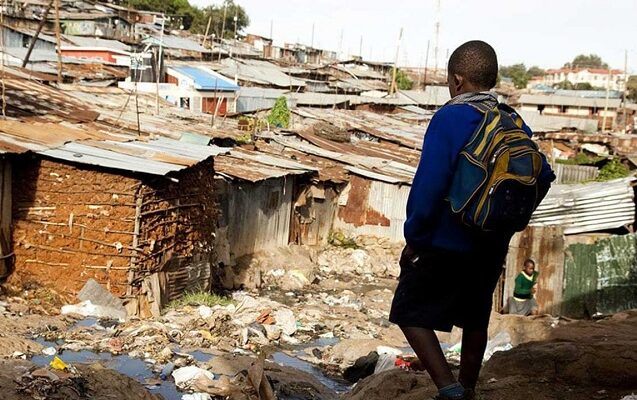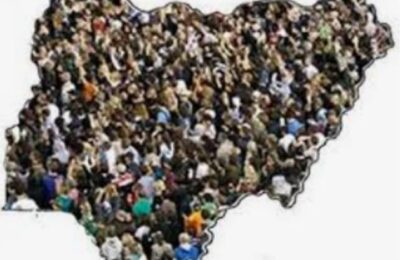It is important to grasp the root causes of poverty and the unique challenges faced by various marginalized individuals by using the wealth redistribution scheme with empathy, as well as concerted efforts and some form of government initiatives, support from nonprofit organizations and well-meaning individuals. By so doing, a great deal of tremendous strides can be earned in the lives of the less fortunate.
The act of doing things for those who cannot do it for themselves is generally referred to as ASSISTING THE LESS PRIVILEGED. Helping the less privileged can take place in different ways. It could be by helping them to fund their education, (that is, by paying their tuition or school fees), it could even be by providing; clothing, feeding, shelter, health care support, counselling and advocacy, skill acquisition and so on. Assisting the less privileged with your wealth therefore is not only a moral obligation but also a way to create a more inclusive and equitable society.
Here are a few reasons why this is an important act:
- Redistribution of wealth: Wealth inequality is a significant issue in many societies around the world. By assisting the less privileged, you can help reduce this wealth gap and create a fairer distribution of resources.
- Access to basic needs: Many disadvantaged individuals struggle to access necessities such as food, shelter, and healthcare. By using your wealth to assist them, you can ensure that their basic needs are met, improving their quality of life and enabling them to thrive.
- Education and empowerment: Education is a powerful tool that can break the cycle of poverty. By funding educational initiatives or scholarships, you can empower the less privileged, providing them with the knowledge and skills needed to uplift themselves out of poverty.
- Fostering social cohesion: When a society has significant disparities between the rich and the poor, it can lead to social tension and unrest. By assisting the less privileged, you can contribute to social cohesion, promoting a sense of fairness and compassion within your community.
- Creating opportunities: Economic disadvantages often limit opportunities for individuals to improve their circumstances. By providing financial support for entrepreneurship, vocational training, or job creation, you can help create opportunities for the less privileged, enabling them to secure sustainable livelihoods.
- Personal fulfillment: Assisting those in need can bring a sense of personal fulfillment and purpose. Knowing that you are making a positive impact on someone’s life can be deeply rewarding and inspiring.
In conclusion, poverty should not be viewed as a problem solely faced by the less privileged, but as a concern that affects the entire humanity. We must make a commitment to eliminate poverty and hunger in all their various forms, allowing those negatively impacted by this crisis to achieve their full potential with dignity and equality, just as they were created by God. Additionally, it is crucial to address the widespread issue of poverty promptly and effectively by implementing viable strategies for eradication. This will ensure sustainable and inclusive growth for the underprivileged, the society, and the entire country.
– Abraham Achimugu, a public affairs commentator, writes from Abuja.




